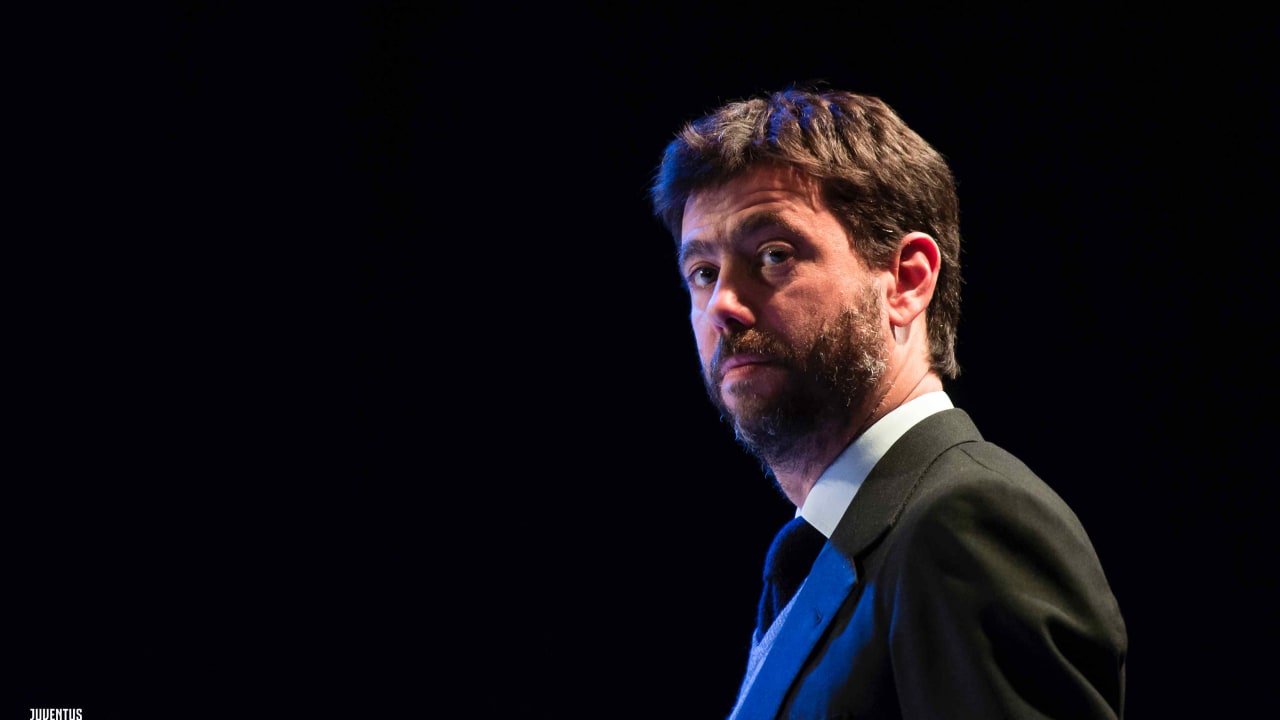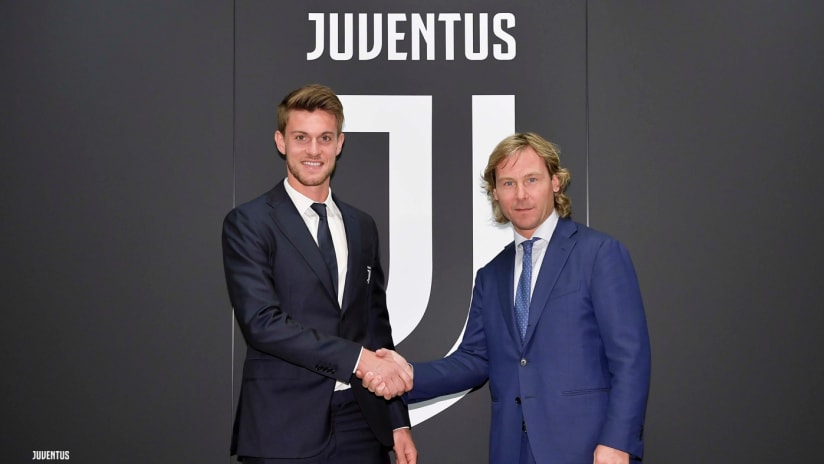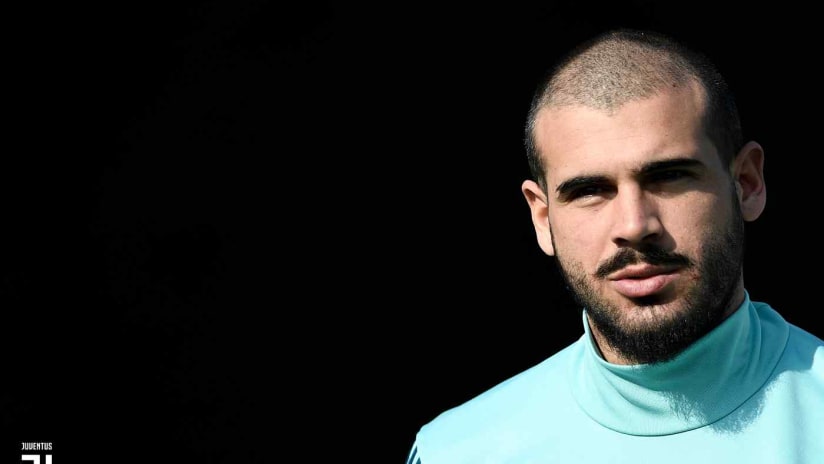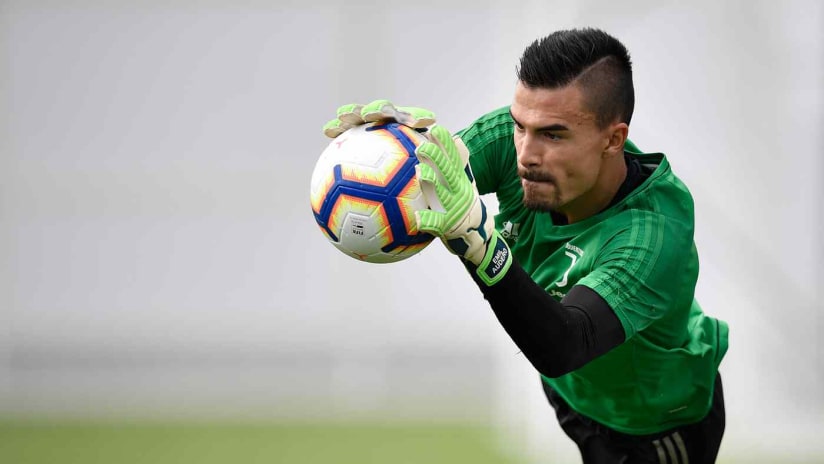04 October 2018
Dear champions of Italy,
The draft balance sheet that we are submitting for your approval is a snapshot of a club, Juventus, that in recent years has grown both on the pitch, with sporting results that have elevated the Bianconeri back to the top of the Italian and international game, and off it, where growth and development have been fast and constant, and ensured the club is among the leaders in football for revenue, organisation and innovation.
The cycle from 2010 to 2018 has brought 14 trophies into our museum, including seven consecutive Scudetto titles, an unprecedented record that only we can improve by extending it. An uninterrupted run of victories like this has never been seen before in Italy, so all of you shareholders can be proud of this era, which will leave a significant mark in Juventus’ history. Four consecutive Coppa Italia triumphs, another record that will be difficult to beat, and three Super Cups round off this chapter in our 120-year history. This administration intends to continue writing history by pursuing every possible objective this season: an eighth consecutive Scudetto, a fifth Coppa Italia, the Super Cup and the Champions League, a competition we have come so close to winning in recent years, with two appearances in the final as well as last-minute defeats in the quarter-finals and the Round of 16 against two of our main European competitors, who in football terms are both within our reach. Over the last few years, we have seen just how many pitfalls there are on the journey, just as we have discovered ourselves how the smallest details and a bit of luck – the primary reason why football is the most loved and followed sport in the world – can be decisive.
None of the achievements I have listed above would have occurred without the development of your club. During the same period, 2010 to 2018, revenue has increased thanks to the efforts of men and women who in these seasons have dedicated their hard work, professionalism and loyalty. Exactly five years ago, I suggested 300 million euros in turnover as an objective to aim for, excluding income from player sales, which many continue not to consider as indicative in this sector. For the second year in a row, this figure has registered at over 400 million, guaranteeing Juventus a spot in the top tier of football clubs around the world. This result has come about thanks to two fundamental components, which are themselves connected:
- Income from the UEFA Champions League, further evidence of how the sporting side must be central to development and should be viewed as a priority, also in terms of investment.
- Commercial development, which is continually progressing on the back of agreements with global sponsors and regional partners, along with consistent growth in our digital presence, which brings in direct revenue and, moreover, gives us enormous visibility among millions of people around the world.
However, after four years of an operating profit and three of a positive balance sheet, in 2017/18 Juventus showed a slight operating loss, thereafter aggravated on the books by interest payments and IRAP (Italian Regional Production Tax), which is unique only to Italy and heavily penalises the football sector. Work to improve must continue relentlessly.
Today Juventus are one of the biggest clubs in the world and must strive to remain in this elite bracket of global brands in upcoming years. The evolution of top-level professional football is undergoing a gradual and at the moment unavoidable polarisation between clubs. There are few who remain able to compete for success in every competition. Maintaining this position and potentially even improving it are not to be taken for granted, since it is very easy to fall from this height, while climbing back up, as the last 15 years have shown, require a great deal of time and resources.
In terms of competitions, the international footballing landscape is fairly well defined until 2024, when the international calendars and format of competitions can be reconsidered. This is an area where your club has been very active thanks to the efforts of our managers within national and international institutions, as well as my own commitment as President of the European Club Association and as a member of the UEFA Executive Committee. Over the next six years the groundwork will be laid for the future of the game through intense dialogue between FIFA, UEFA – and other confederations – and national FAs, but more importantly thanks to an increasing recognition of football businessmen and investors who provide resources, take risks and look to increase the value of their investments, like in any economic sector.
The next six years will be crucial for Juventus and for Italian football.
Within our Club, we must be capable of significantly increasing our commercial revenue to consolidate our position at the top, both nationally and internationally. We will need investment, adequate organisational structures and at least as much enthusiasm as Juventus have enjoyed thus far. We will be playing our matches on Italian and European pitches but the commercial challenge is global. Internationally, your Club must identify new forms of sponsorship, new opportunities for digital visibility and new ways to expand our business, with everything geared towards the same primary objective that this management group has always had: to provide the resources needed to maintain a winning team.
Italian football is struggling to close the gap with other footballing nations but signs of rejuvenation offer hope, for the first time in years, that the future might be brighter. In the last few seasons, growth has been notably lower than elsewhere in Europe while Italy’s failure to qualify for the World Cup is a sad chapter that will hopefully never be repeated. The main actors in any economic sector are the last to see the crisis about to strike. And sadly, Italian football was no exception.
Now, with great difficulty but in a spirit of collaboration, the Lega Serie A finally has a governance. In his first few months as President, Gaetano Micciché has imposed a management style typical of the business and finance world he comes from, where it is normal for projects and objectives to be evaluated based on the credibility of the parties involved and the feasibility of the initiatives proposed. The Lega Serie A can now legitimately assert its leadership, which is its natural role but one it lost during the dark years.
The Italian FA, although currently with an external commissioner, has also achieved some significant results. After years of appeals falling on deaf ears, B teams have finally been introduced in Serie C. The project, still in an embryonic stage, will see other clubs follow in the footsteps of Juventus’ Under-23 team and adopt this new model which aims to complete the development of upcoming footballers by preparing them for top-level football while reducing the risk of their talent going to waste after they leave the youth teams.
Women’s football is making great strides in Italy. Juventus Women won the Scudetto in their first season and now, starting with the 2018/19 season, the women’s league has finally turned professional under the tutelage of the FIGC. It is a historic step forward and comes in the wake of the Italy women’s national team qualifying for the 2019 World Cup.
Many more reforms – of the league system and the sports justice system, for example – need to be made if we are to take Italian football back to the level it deserves to be at, but we have started on the right path.
Fino alla fine...Andrea Agnelli




